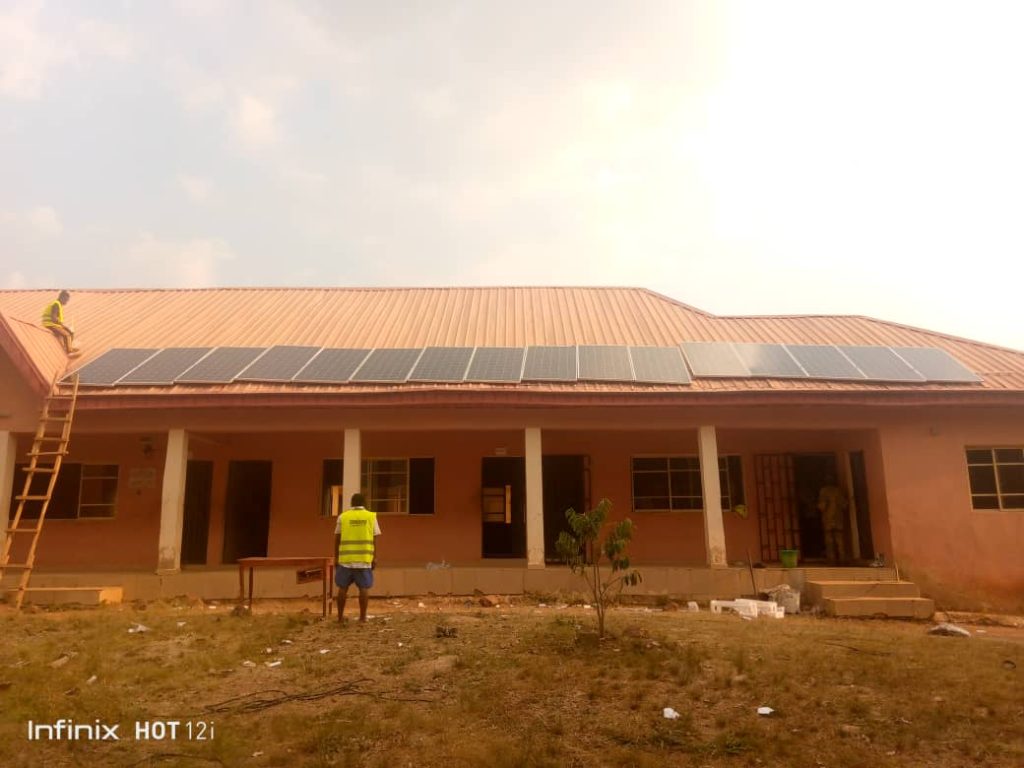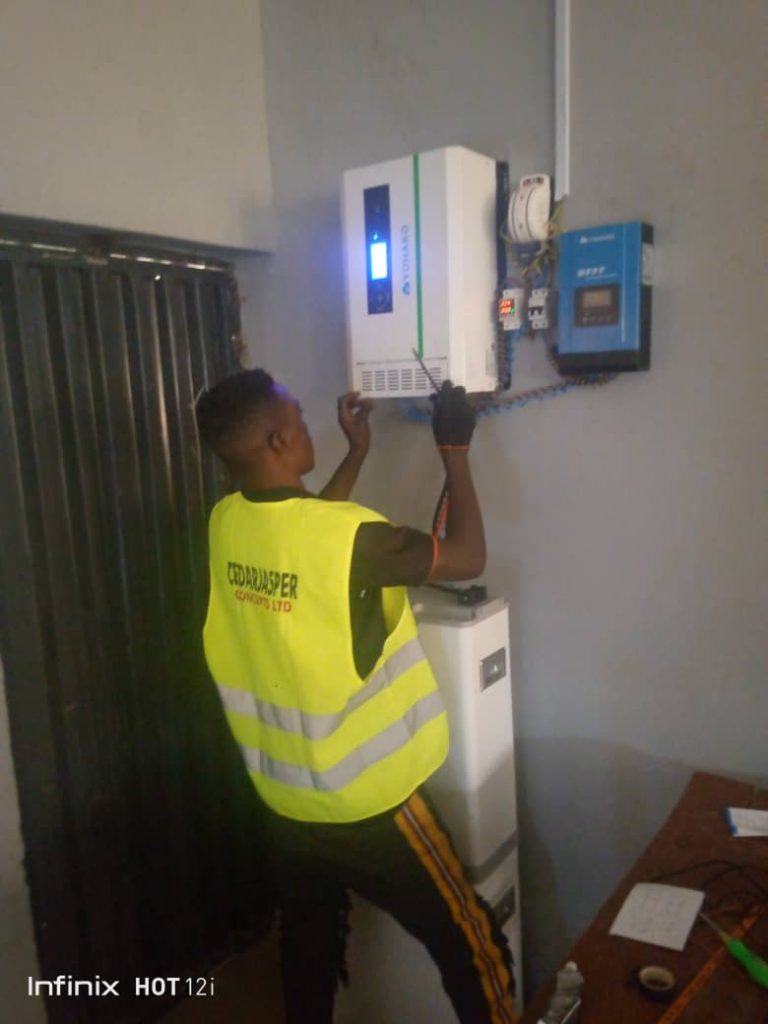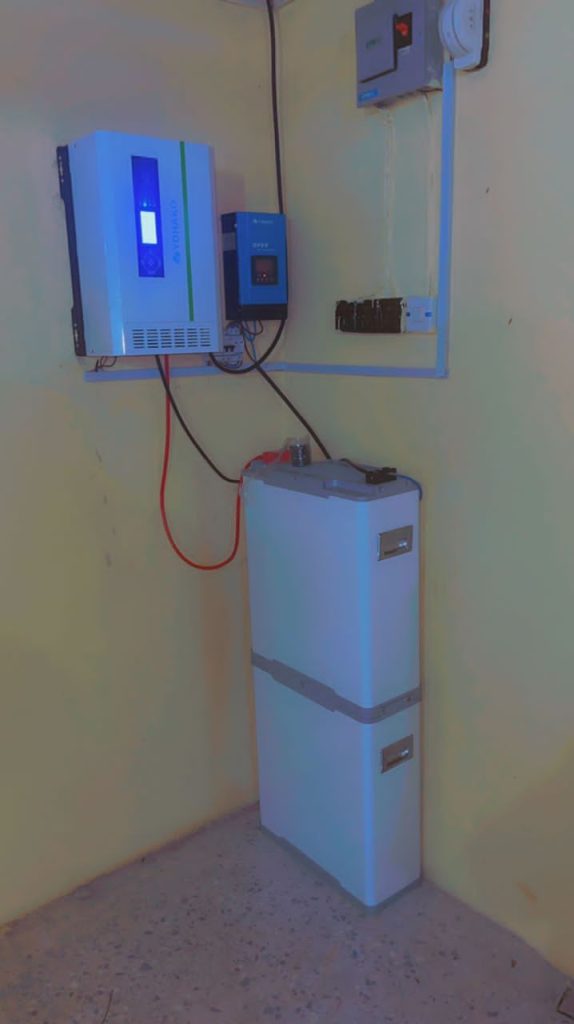
In a significant stride towards sustainable education and industrialization, Ekiti State Government through the Adolescent Girls’ Initiative for Learning and Empowerment (AGILE), a World Bank-assisted project under the Ministry of Education, has commenced the installation of solar energy systems in 100 schools across the state.
This project addresses the immediate need for reliable power source in public schools in support of the efforts of the State Governor to provide energy for all sectors as a bedrock for empowerment and industrialization. Particularly, the project will enhance the digitalization of the education sector for the overall development of students to bring them at par with their counterparts in the developed climes. This commitment to inclusivity reflects Government’s dedication to providing sustainable solutions for students’ educational needs such as conducive learning environment like digital devices and smart board for teaching, toilet facilities, teaching and learning materials, furniture and training/retraining of teachers while also joining the fight against GBV in schools.

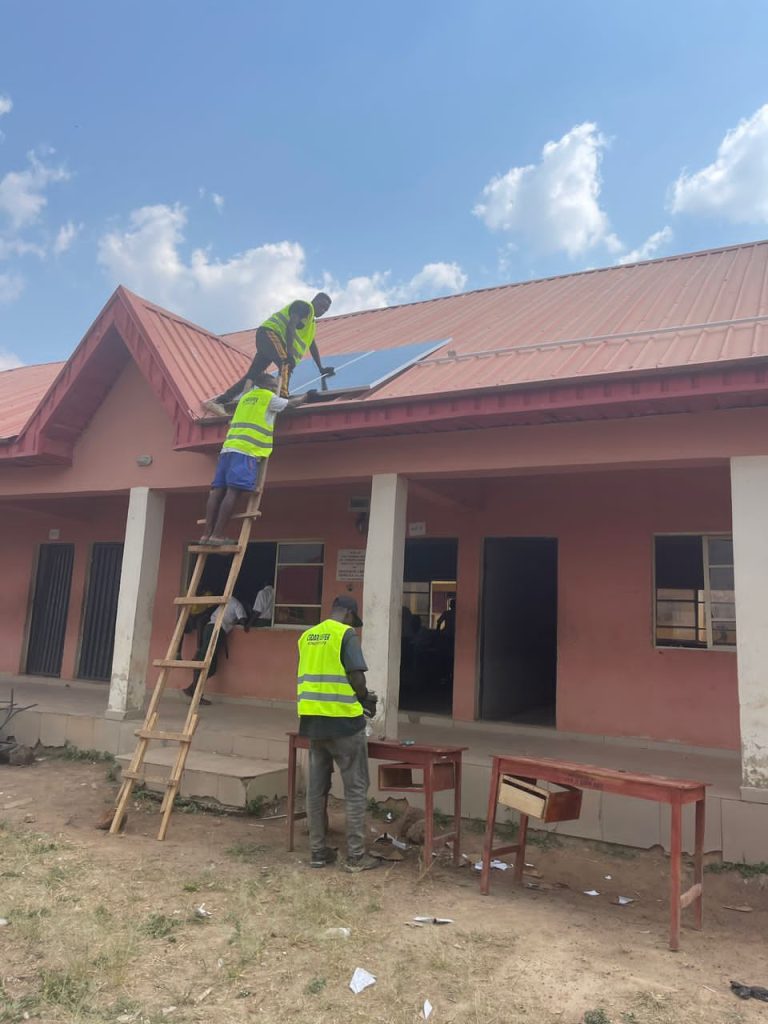
The commencement of solar system installations in the public schools marks a significant stride in eliminating challenges associated with conventional power sources. These solar-powered classrooms will not only provide illumination but grant access to modern learning resources. As the installation of solar systems unfolds, there are high expectations for the transformative impact the project will have on the quality of education in Ekiti State. This initiative represents more than an upgrade in infrastructure; it symbolizes a commitment to shaping a sustainable and enlightened future for Ekiti students. The State Government’s commitment to renewable energy aligns with global initiatives, advocating for eco-friendly practices in education. As solar-powered classrooms become a reality, Ekiti is positioned to lead the way in sustainable and empowered education.
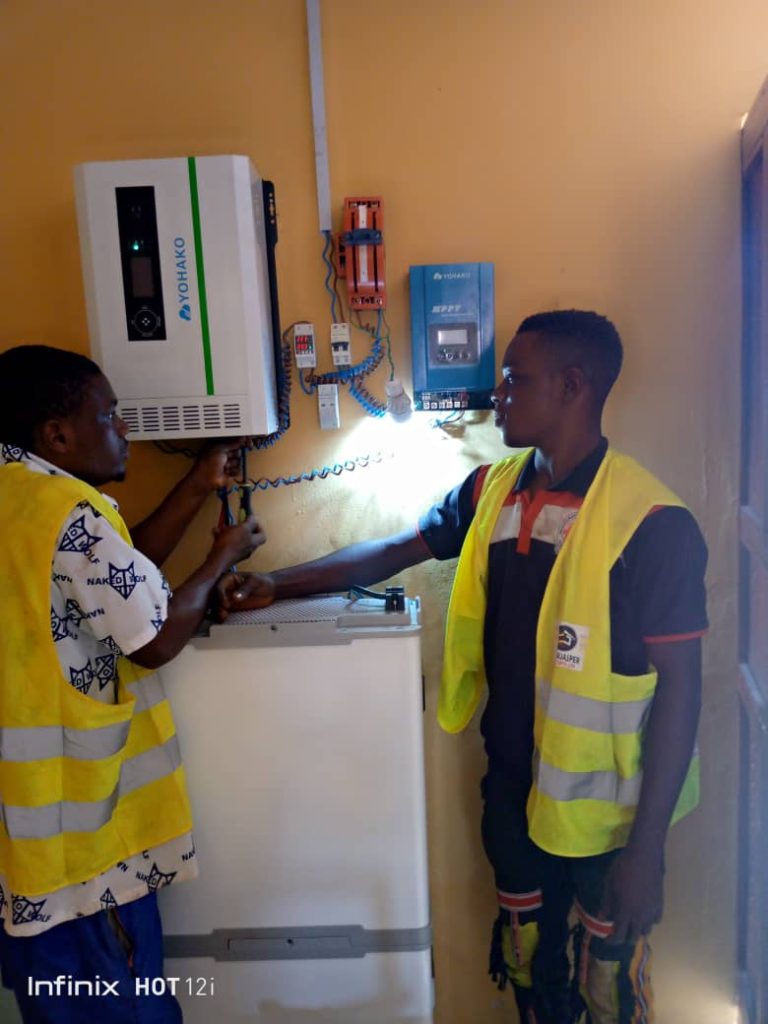
The comprehensive reach of AGILE solar project cut across all the senatorial districts of the state with no Local Government or Local Council Development Area left out.
